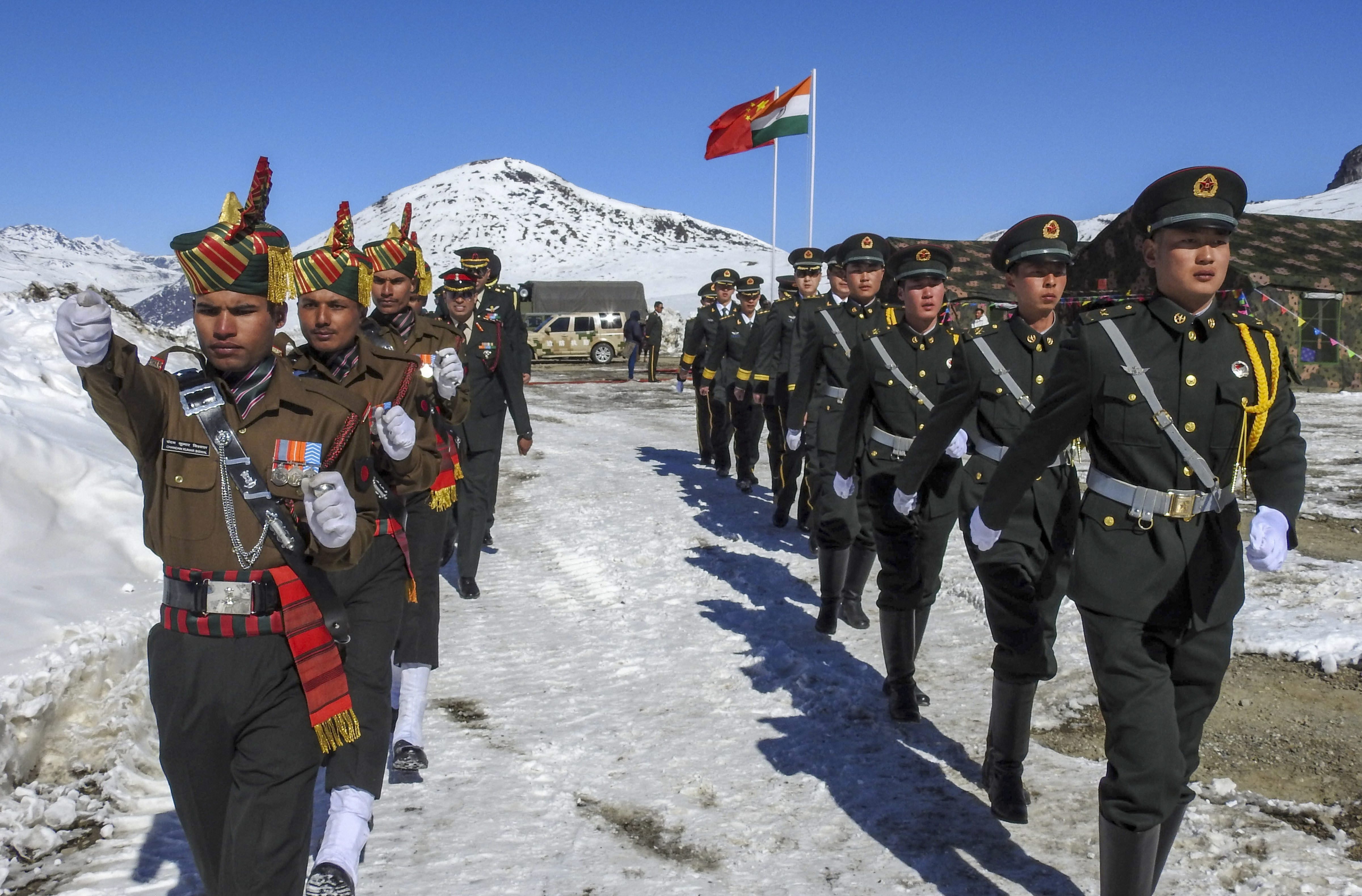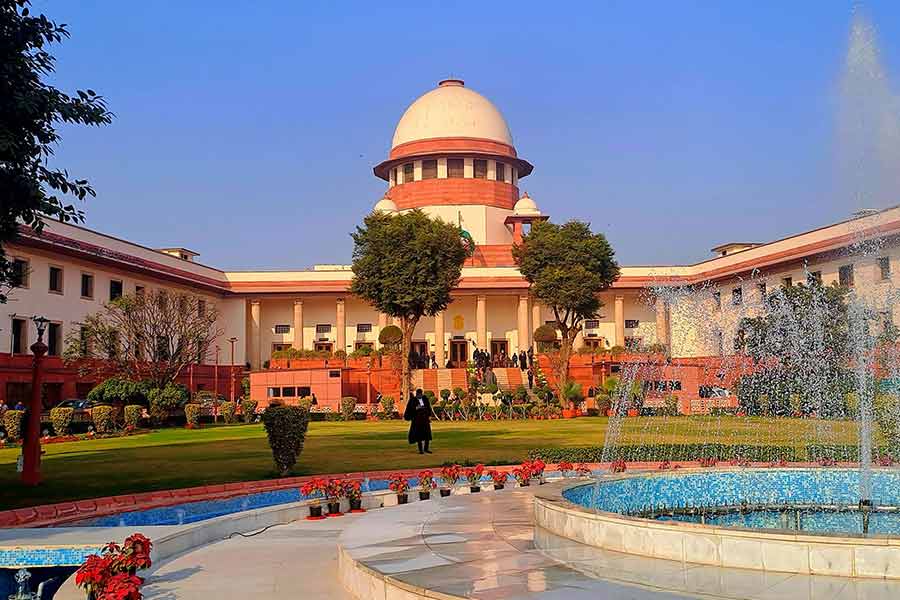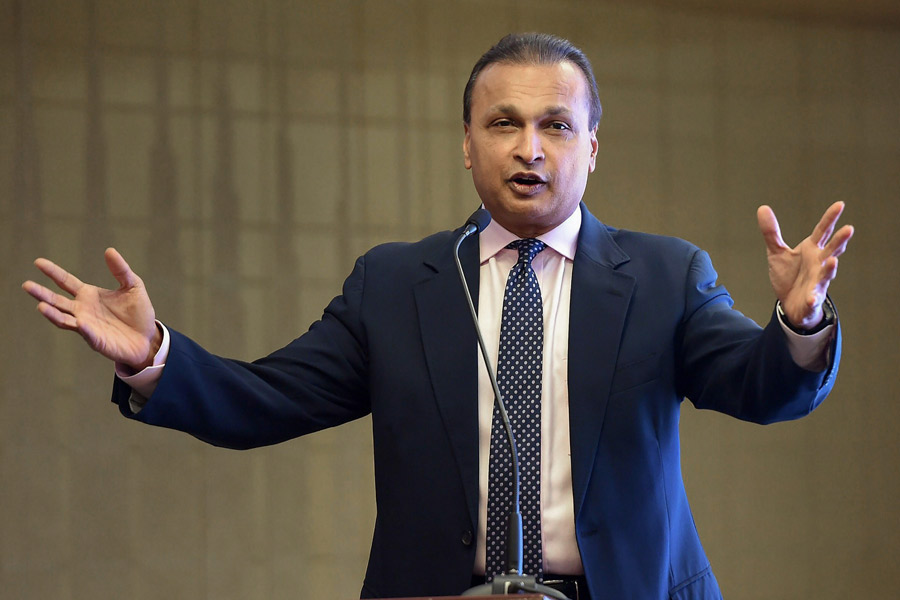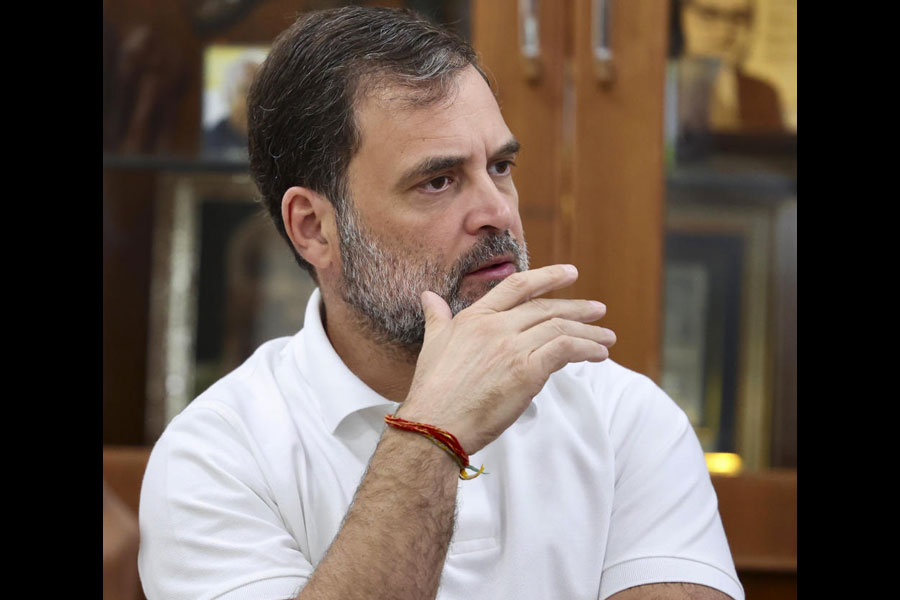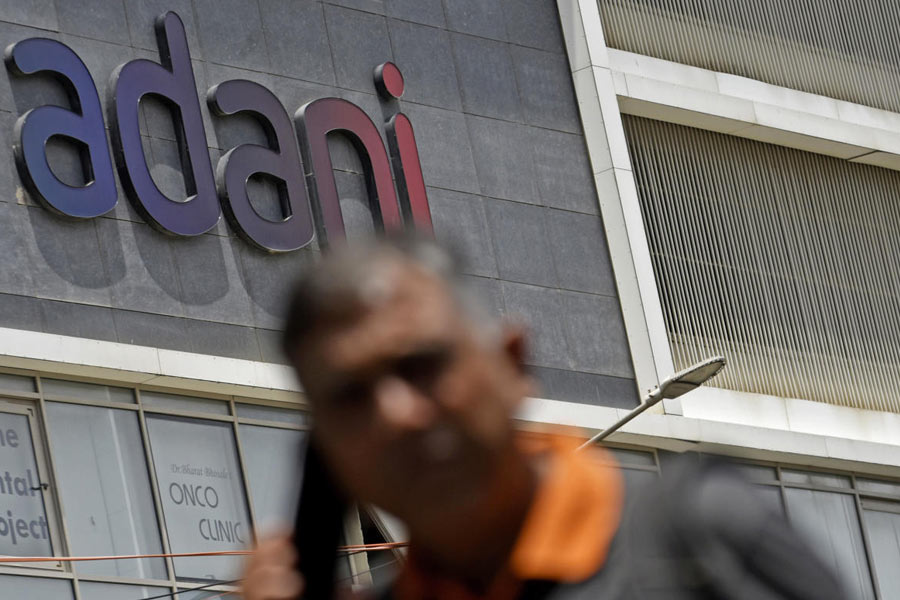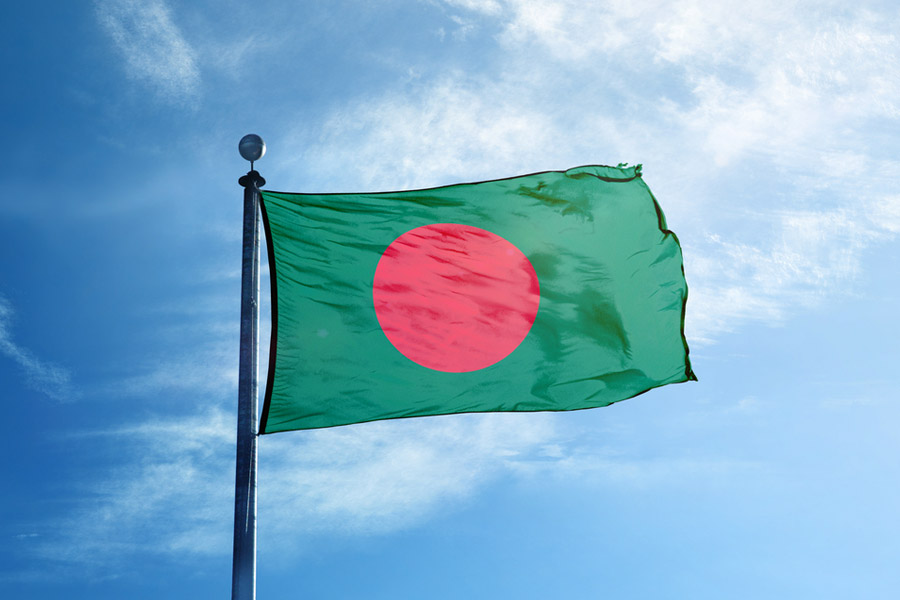China on Tuesday claimed sovereignty over the entire Galwan Valley and blamed India for Monday night’s clashes in the region.
The Galwan Valley had been a settled area on the Indian side of the Line of Actual Control (LAC) since the 1962 war, but Chinese troops intruded into the area last month amid multi-point transgressions into territory claimed by India.
On Tuesday night, New Delhi accused the Chinese of attempting to “unilaterally change the status quo” in the Galwan Valley, eastern Ladakh.
“Both sides suffered casualties that could have been avoided had the agreement at the higher level (at the June 6 meeting of senior military commanders) been scrupulously followed by the Chinese side,” India said.
China has accused Indian troops of crossing the LAC in the Galwan Valley on Monday evening and “purposely launching provocative attacks”, leading to severe clashes and casualties.
A report in China’s Global Times newspaper quoted Senior Colonel Zhang Shuili, spokesperson for the Chinese army’s Western Theatre Command, as asserting Beijing’s claim on the Galwan Valley.
“China always owns sovereignty over the Galwan Valley region, and the Indian border defence troops are inconsistent with their words and seriously violated the agreements both countries have reached, the consensus made during the army commander-level talks and harmed the relations of the two militaries and the feelings of the two countries’ peoples,” Zhang said.
He asked India to meet the Chinese “halfway” and return to the “right path of solving disputes through talks”.
With the Chinese entering the Galwan Valley last month, army veterans who have served in the area and retired diplomats, including former ambassadors to China, have suggested a Chinese effort to change the fundamental status quo in the Galwan Valley.
Galwan is not among the 23 contested areas identified by the two countries along the yet-to-be-demarcated LAC through the joint working group mechanism on the boundary question.
Statements from both countries agreed that what happened in the Galwan Valley on Monday night was a violation of the consensus arrived at during the June 6 commanders’ conference.
Neither side has till now, however, publicly indicated much progress except for its resolve to continue the dialogue at various levels.
That dialogue has, indeed, continued at the lower rungs with one meeting at the brigade commander level being held on Monday.
Responding to media queries several hours after the army announced the death of three soldiers in Chinese hands, external affairs ministry spokesperson Anurag Srivastava said the two sides had been discussing de-escalation in keeping with the process agreed on June 6.
As part of this process, ground commanders had held a series of meetings to implement the consensus reached at the higher level.
“While it was our expectation that this would unfold smoothly, the Chinese side departed from the consensus to respect the LAC in the Galwan Valley,” Srivastava said.
Earlier, Chinese foreign minister Wang Yi had said that despite close communication via diplomatic and military channels to ease border tensions, Indian troops had on Monday violated the June 6 consensus by illegally crossing the border twice and launching proactive attacks on Chinese soldiers.
Without referring to this directly but responding to this, Srivastava said: “Given its responsible approach to border management, India is very clear that all its activities are always within the Indian side of the LAC.”
He said that New Delhi expected the same from the Chinese and remained committed to resolving issues through dialogue while ensuring India’s sovereignty and territorial integrity.
Through the day, the Chinese were quicker in issuing statements. Between the Indian Army’s announcement of the three deaths early in the afternoon and the foreign ministry’s statement at night, the Chinese spoke three times.
Besides the foreign minister and the military commander, foreign office spokesperson Zhao Lijian too weighed in, alleging Indian troops had “provoked and attacked” Chinese forces.

